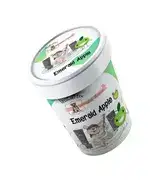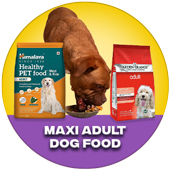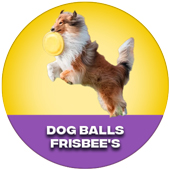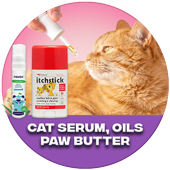Dog Ice Cream Cheese
Shop all you want
Filters
Filter By Price
Filter
Filter By City
Filter By Type
Filter By Category
Filter By Brand
 ₹99
₹99
Waggy Zone Doggy Ice Cream Insta Mix - Banberry - Banana and Strawberry
 ₹99
₹99
Waggy Zone Doggy Ice Cream Insta Mix - Unicorn Guava
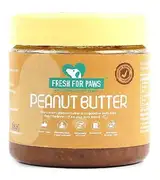 ₹225
₹225
Fresh for Paws Peanut Butter (Dog Treat),100 Gms
Popular Product Categories
View AllDog Interactive Toys
Keep your furry friend entertained and engaged with our wide range of interactive toys for dogs. From treat-dispensing toys to puzzle games, we have everything to stimulate your dog's mind and keep them active.
Benefits Of Dog Interactive Toys
- Provides mental stimulation
- Helps prevent boredom and destructive behavior
- Promotes physical activity
- Strengthens the bond between you and your dog
Why Choose Pawrulz to buy Dog Interactive Toys?
At Pawrulz, we are committed to providing high-quality pet products at affordable prices. With a wide selection of dog interactive toys to choose from, you are sure to find the perfect toy to keep your dog entertained. Plus, we offer fast shipping and excellent customer service to ensure a pleasant shopping experience.











